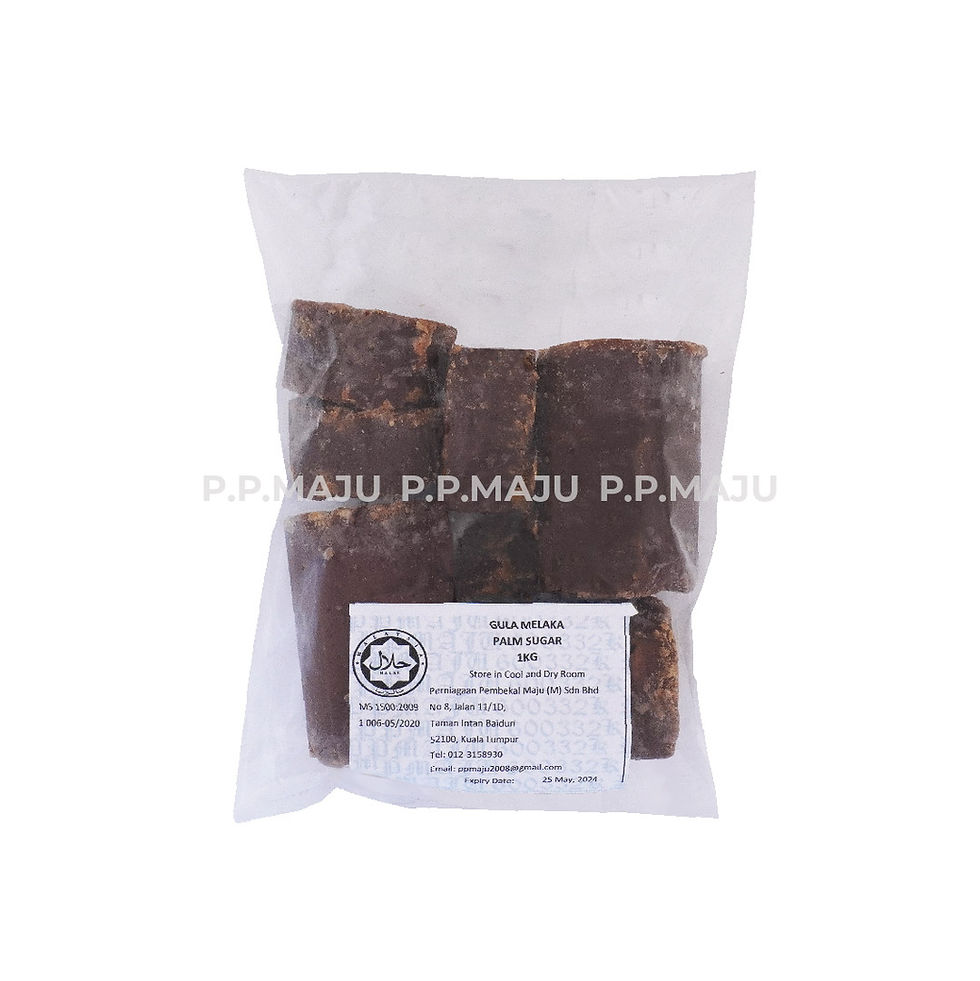

What is Halal Certification?
Halal conveys the concept of being lawful or permitted. Halal products are deemed safe and intended for pure and permissible consumption or use, adhering to Islamic principles. Conversely, haram denotes the opposite, referring to what is unlawful or prohibited.
Obtaining Halal certification ensures that your products meet the stringent criteria of the holy Qur'an, making them permissible for lawful use.
Why choose Halal-certified food ingredients?
The subject of Halal foods has been a topic of significant discussion, given its sensitivity and importance here in Malaysia.
While grocery shoppers can readily identify the Halal logo on packaged products, the same assurance is seldom extended to the F&B industry.
As such, it is prudent for businesses to proactively incorporate Halal-certified foods into their inventory, allowing customers to dine with confidence and ensuring the preservation of their business image.
Why is Halal Certification important in Malaysia?
The term Halal holds global recognition signifying what is permitted or lawful according to Islamic principles.
In Malaysia, Halal certification by JAKIM (Department of Islamic Development Malaysia) encompasses not only Shariah compliance but also strict adherence to hygiene, sanitation, and safety standards.
Therefore, for consumers, Halal-certified foods carry paramount significance, catering to their religious convictions, addressing concerns regarding food safety, and promoting a pursuit of healthier dietary choices.


Our Commitment
Obtaining a Halal Certificate involves adhering to specific requirements that ensure the integrity of the certification. By diligently following these guidelines, it is a reflection of our commitment to providing trusted halal products to consumers.
Ensuring no contamination between halal and non-halal products
Complying with regulations for cleaning and maintaining hygiene standards at the warehouse and storage facility
Considering the employment of Muslim individuals to support the observance of halal food requirements, if feasible
Certifying only those products as halal which strictly adhere to halal principles
Implementing proper segregation of repackaging processes for halal and non-halal products, and cleansing the production area in accordance with Islamic law












































